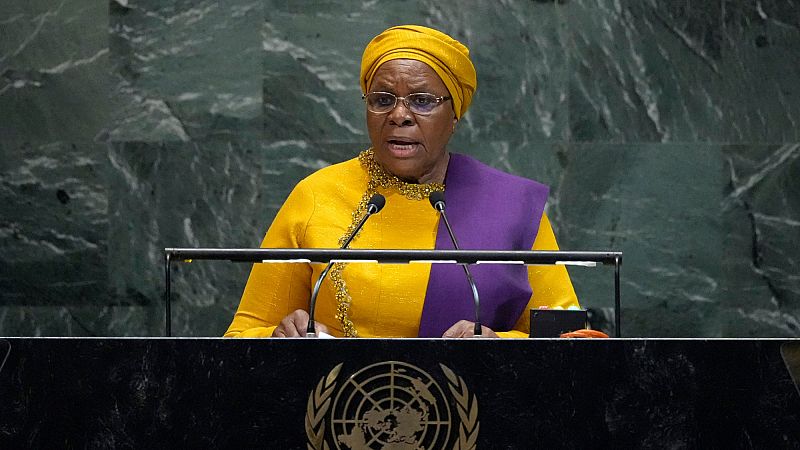African leaders demand equity and UN reform, decrying marginalization

With a powerful, unified voice, African leaders addressed the 80th United Nations General Assembly this week, issuing a stark call for a fundamental shift in global power dynamics. From reforming the UN Security Council to demanding equitable trade, their message centered on a refusal to accept continued marginalization and a demand for Africa’s rightful place as a sovereign partner on the world stage.
A central theme echoed by multiple leaders was the urgent need to overhaul the United Nations, particularly its Security Council.
President Denis Sassou Nguesso of Congo described Africa as the "continent of the future" and argued that a UN fit for purpose must be "more representative, more transparent, and aligned with the realities of our world."
He stated plainly, “One can see clearly that the Security Council in its current composition no longer reflects the geopolitical balance of our world. Thus, the urgent need to reform it, not in theory, but in practice.”
This sentiment underscores a long-standing grievance that Africa, a continent of 54 nations, lacks a permanent seat on the world’s most powerful diplomatic body.
Sovereignty, partnership, and repairing injustices
The speeches moved beyond institutional reform to address broader issues of economic and political justice.
Faustin Archange Touadera, Head of State of the Central African Republic, asserted that Africa requires "bold partnerships" where inclusive development serves as a tool for peace.
He powerfully articulated the continent’s aspirations, stating, “The role of Africa within the global community must be acknowledged. We seek sovereignty instead of subordination, partnership instead of exploitation.”
Highlighting the stark inequality that defines current relations, he declared, “It is intolerable that poverty is escalating in Africa while wealth accumulates in northern countries. It is time to rectify the injustices inflicted upon Africa.”
From climate to Haiti: a broad agenda for action
While reform and equity were the central pillars, African leaders presented a comprehensive agenda reflecting the continent’s priorities.
Key issues raised included climate change, bridging the digital divide, and ensuring the responsible development of artificial intelligence.
Presidents also pointed to specific geopolitical crises to illustrate the failures of the international system.
Kenyan President William Ruto, whose country has led a multinational police mission to Haiti, dedicated a significant portion of his speech to the crisis.
“Haiti serves as a tragic reminder of the consequences when the international community turns a blind eye,” he stated, urging the UN to take decisive action to end the violence threatening Haitian lives.
Despite the assembly’s theme of “Better Together,” the collective African intervention highlighted the deep fractures in global cooperation.
As Namibian President Netumbo Nandi-Ndaitwah noted, the world is “fractured by conflict, displacement, and economic instabilities.”
The consistent message from the continent was clear: true partnership cannot be achieved until historical injustices are addressed and Africa moves from the periphery to the center of global decision-making.
Today

